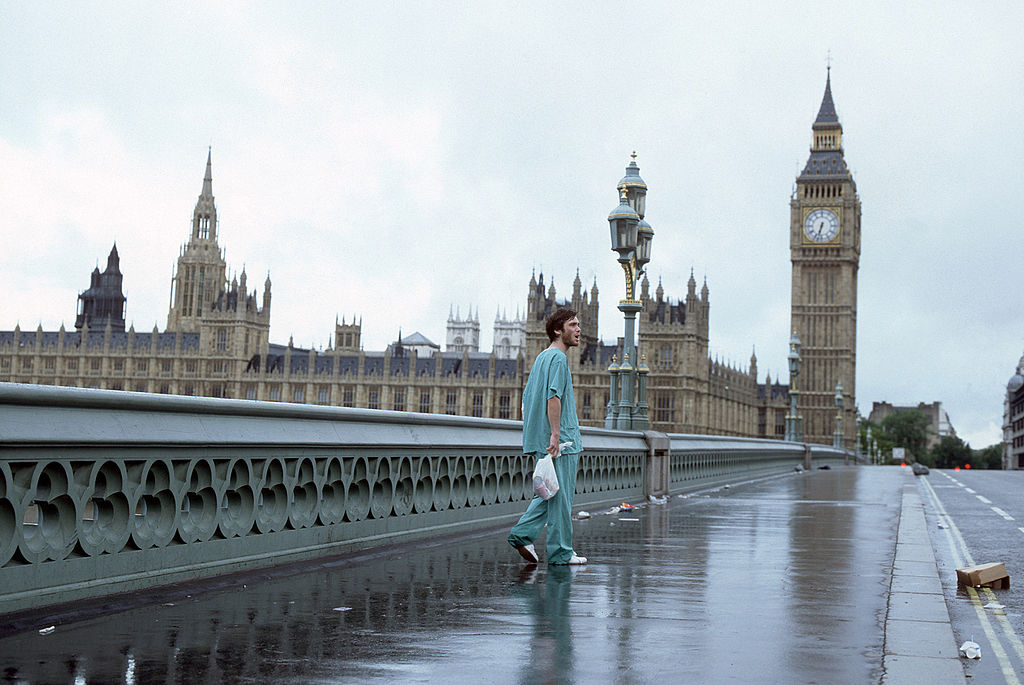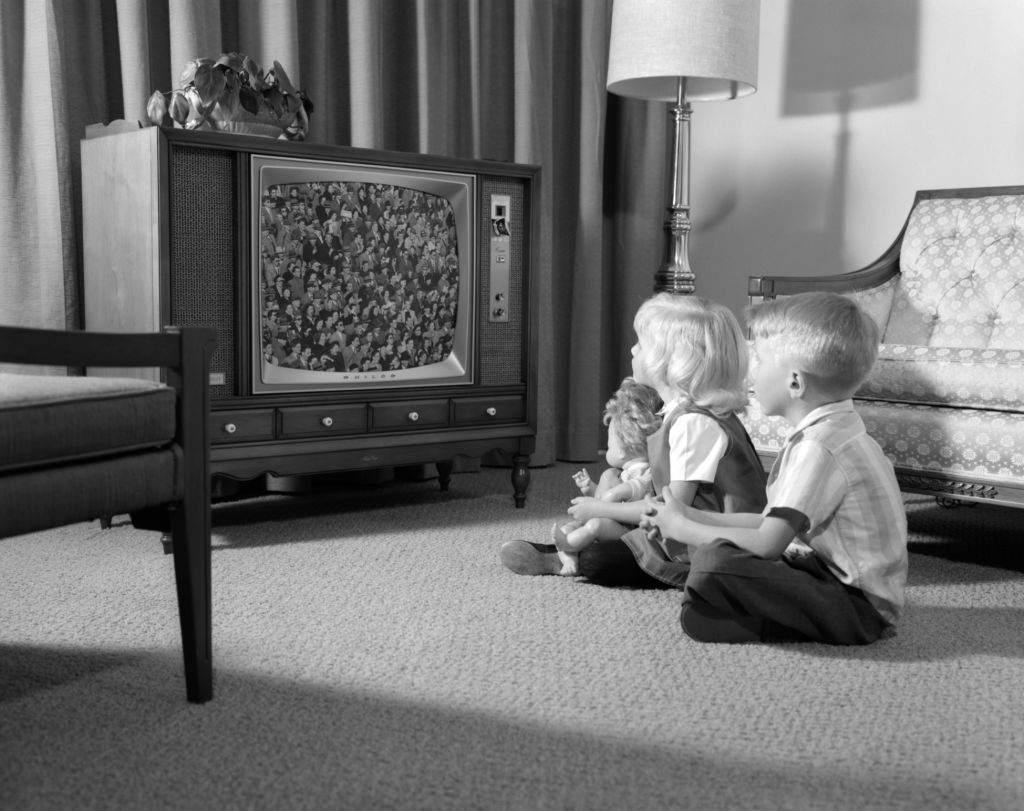Is the European Union becoming increasingly depressed? Evidence suggests it might be.
Across the EU, consumption of antidepressant drugs (AD) has more than doubled in the last 20 years, according to Organisation for Economic Cooperation and Development (OECD) data crunched by the France-based European television news channel Euronews.
The Czech Republic recorded the highest increase with 577 per cent, while Estonia and Slovakia have both increased by over 400 per cent. Rates in Portugal have increased by 304 per cent. Both Spain and Germany have increased by around 200 per cent.
France, however, has only increased by 38 per cent. This is somewhat surprising, if not impressive, given its history of riots and the scale of the most recent eruption at the end of June which indicates all is not well in the Fifth Republic.
French journalist, author of “Mâle baisées” and #Femelliste co-founder discusses the violent state of France, the laziness of French media, and the spread of self-censorship. @doramoutot | @Margueritestern | @QuelleEpoqueOff | @unherdhttps://t.co/Hqh5C1goZg
— Brussels Signal (@brusselssignal) September 19, 2023
Before one thinks that perhaps we can take heart from the French managing to avoid overly depending on medication despite current tensions, it appears the relatively small increase in AD use there is due to the fact that France was already at a high rate of anti-depressant use compared to the rest of Europe, Euronews notes.
So what the combined figures would seem to suggest is that now most of Europe is as depressed as France already was.
Another indication of EU citizens becoming more pessimistic is shown by recent findings from Gallup International when it posed the question Do you think children today will have a better, worse or roughly the same life to you?
Europe scored a -4 per cent score (after “better” and “worse” ratios were weighed against each other). This contrasts to the US that scored +8 per cent, and to Sub-Saharan Africa and South Asia that scored +32 per cent and +31 per cent, respectively.
It all suggests that the state of the EU — in terms of both its psychological and economic “wellness” — is grimmer than European Commission President Ursula von der Leyen admitted during her 2023 State of the Union speech.
EU leaders have acknowledged that mental health is an important factor for the citizens they are meant to represent. At the 2022 Conference on the Future of Europe, one of the conclusions was to “improve understanding of mental health issues and ways of addressing them”.
At the same time, the European Commission has committed to spending €1.23 billion to reform the EU’s mental health, reports EU Reporter. This coincides with an increase in focus on health in the EU, notes the Brussels-based think tank European Policy Centre, and “the largest EU budget for health to date” in the form of the EU4Health programme.
“There has been a significant increase in the emphasis placed on health at the EU level,” the centre notes in its discussion paper Is the European Health Union ready for the challenges of the 21st century. “The budgetary increase from €452.3 million in the previous cycle to €5.1 billion for 2021-2027 demonstrates the extent of the increased ambition at the EU level.”
Well, yes — it demonstrates “ambition” if you judge ambition by the principle of throwing money at the problem. But will it work?
One aspect that raises doubts about the EU’s overall approach is the continued resistance to having an honest discussion about the human costs of lockdowns.
The EU talks about Covid’s impact on mental health, but it fails to parse how it was more the impact of lockdown policy, as opposed to the pandemic itself, that caused this new mental health epidemic so many are now discussing.
There is an argument to be made that the EU has created a compounding mental health drama through an unintentional bait-and-switch:
It supported lockdowns across the bloc that have contributed to a mental health catastrophe, the latter of which the EU is now proclaiming it must and will tackle, with copious amounts of money that will benefit various agencies plugged into the Brussels bubble (note the “calls for tenders” on the EU4Health web page) and, of course, Big Pharma interests.
It’s also noticeable how often EU politicians talk about the degree to which younger people were especially impacted by the pandemic. But they weren’t affected by Covid — it was never a threat to the vast majority of healthy young people. Again, they were more impacted by lockdowns.
Some scientists even think the Covid experience could have altered the personalities of people, especially younger adults, notes Euronews.
By comparing pre-pandemic surveys with 2021-2022 data, scientists in the US have noticed a decline across all age groups in four of what are known as the Big Five personality traits: extraversion, openness, agreeableness and conscientiousness.
The survey of approximately 7,000 people noted that while the Covid-19 period was stressful for everyone, many older adults had more stable, established lives and settled social networks which helped them weather lockdowns.
For many young people, however, the pandemic — and those lockdowns — “disrupted the normative tasks of younger adulthood”, impacting particularly key formative areas such as going to school, the transition into the workforce and developing relationships and social networks.
Euronews highlights how the survey found that younger adults — aged 18 to 25 — displayed a particularly “disrupted maturity in the form of increased neuroticism and decreased agreeableness and conscientiousness”.
That all said, there is also a potential gas lighting element here to be wary of, in case you find yourself “nudged” and propagandised into a position you do not actually occupy.
If you continually read articles and get told by authority figures and “experts” that there is a mental health crisis, you might well start to overly analyse your concerns — that are a normal part of being an intelligent mortal human — and start to wonder if actually you do have a mental health problem yourself.
Amid all the talk of a mental health crisis and health-focused pamphlets and money being thrown by the EU at mental health, one is tempted to come up with a far simpler — and cheaper — solution:
Promoting the relatively cheap basics that have kept humans in decent nick throughout history: get outdoors, stay active, watch your diet, embrace community, tell someone you love them.
On top of those legacy basics, given the current context of human existence in an increasingly technology-driven West, it’s worth throwing in few more contemporary addendums:
Watch your screen use — especially reading/scrolling through endless articles and videos suggesting you might have a mental health problem leading you to second guess yourself into a non-existent condition.
Beware dependency on medication as a problem solver for a problem that might not actually be there or as serious as your fear.
And remember the increased propagandising reach and influence of the media landscape today that is both more monopolised — and thereby biased and consensus-driven — and more complicated and volatile through algorithm-directed social media.
Finally, how about never impose anything like lockdowns again.






The EU Parliament’s grocery shop isn’t accepting cash – that matters more than you might think